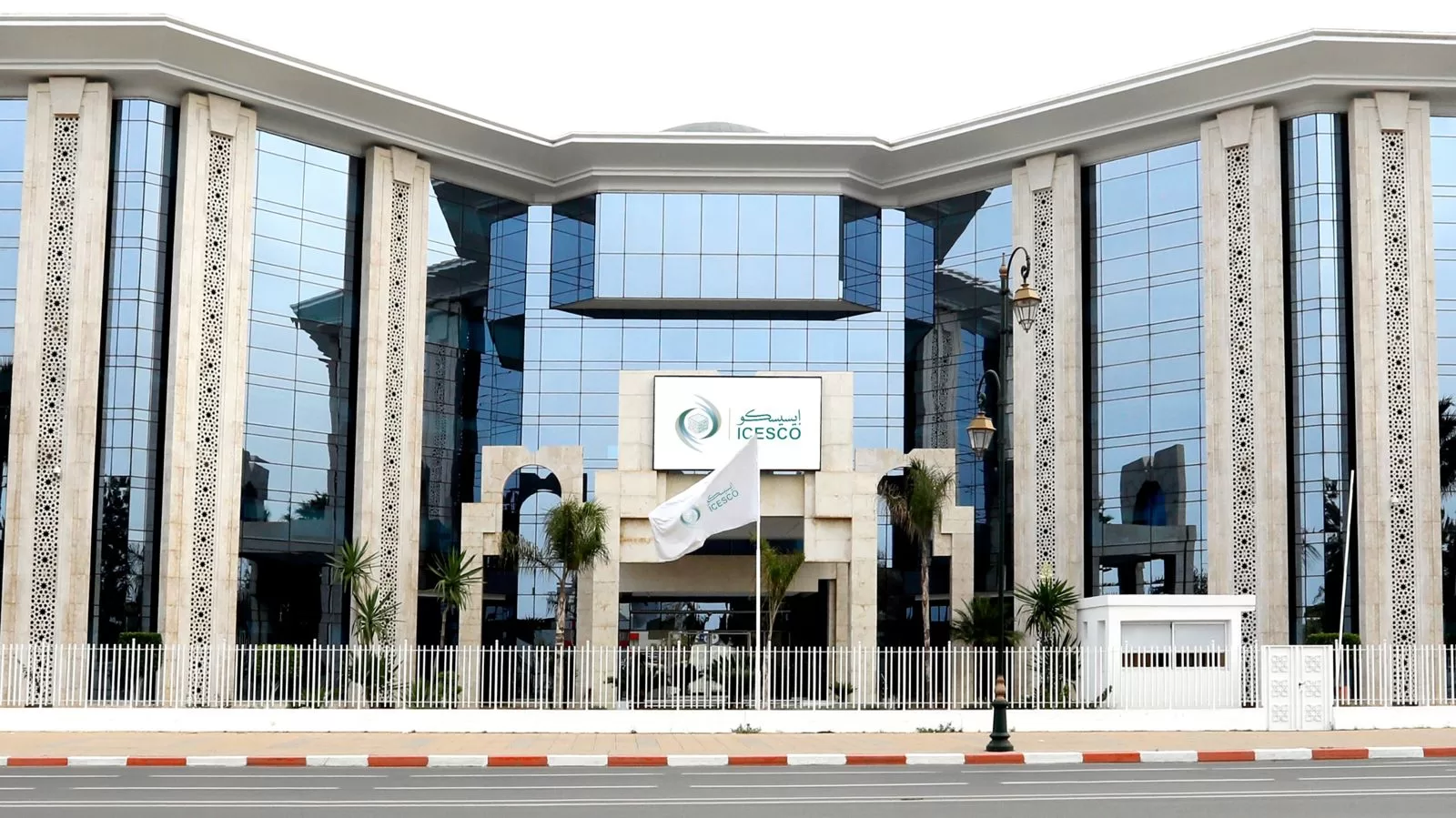
On International Literacy Day, ICESCO calls for Eradication of the Causes of illiteracy for a Better Educational Future

7 September 2024
The Islamic World Educational, Scientific and Cultural Organization (ICESCO) seizes the opportunity of the International Literacy Day, observed every 8th September, and celebrated this year under the theme: “Promoting Multilingual Education: Literacy for Mutual Understanding and Peace”, to call for intensifying efforts to promote literacy, improve its quality and maximize its benefits to promote mutual understanding and peace. ICESCO also stresses the need to adopt preventive and proactive methods to eradicate the causes of illiteracy instead of merely adopting treatment approaches to address this phenomenon.
Believing in the importance of supporting literacy, inclusive and equitable education for all, ICESCO focuses, as part of its mission and strategic vision, on education as a human right, by disseminating awareness of the need to combat illiteracy and focusing on marginalized and poorest categories, especially girls and women. It also highlights the need to mobilize sufficient financial resources and increase investments allocated to this field, in addition to providing more high quality open and free educational resources.
Recognizing the role of education in promoting human development, ICESCO has made supporting literacy programs in its Member States a top priority. As the progress achieved in this field is not sufficient, attaining this goal requires greater efforts and international cooperation in a global context marked by the existence of 765 million illiterate youth and adults, two-thirds of whom are girls and women, in addition to the prevalence of disparities in access to literacy programs and the weak participation of the poor and most needy and deprived groups.
In our fast-paced world, where technology is increasingly important and cultures are diverse, it is more important than ever to equip individuals with a multilingual, mother-tongue-based educational approach. This approach plays a pivotal role in enhancing literacy skills, encouraging mutual understanding and respect for cultural diversity, supporting efforts aimed at building more just and peaceful societies and providing individuals with broad prospects for continuous learning.




